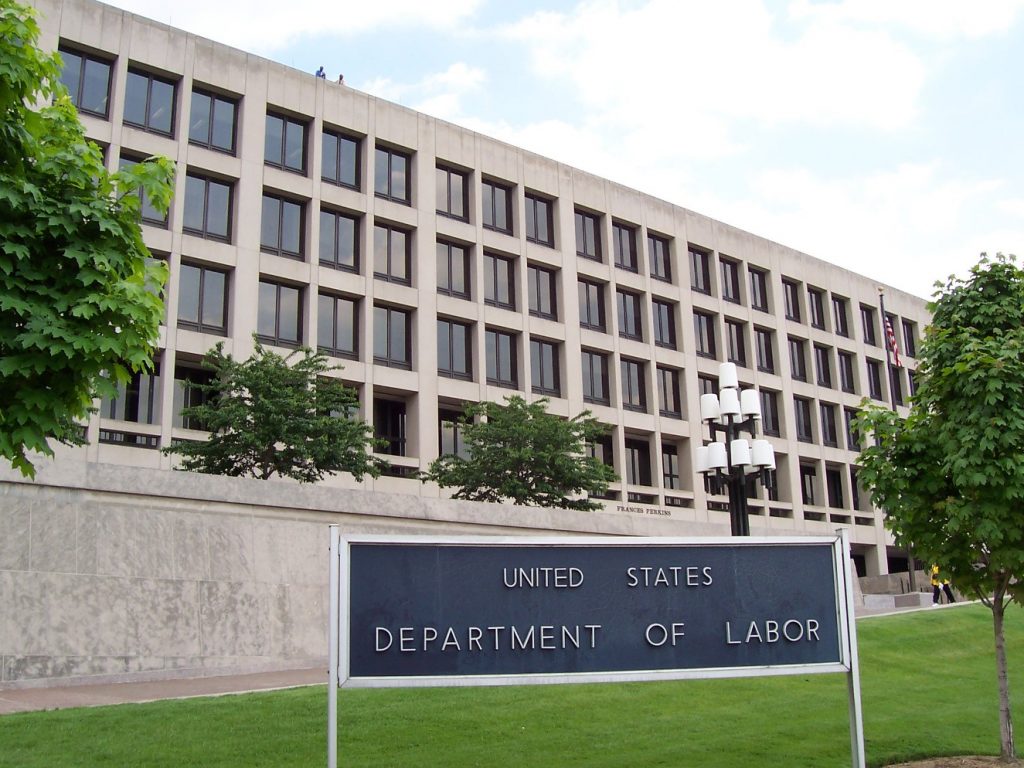 While plan sponsors are already familiar with the Paul Wellstone and Pete Domenici Mental Health Parity and Addiction Equity Act (MHPAEA), the passage of the Consolidated Appropriations Act (CAA) in late 2020 has led to additional plan obligations. The new rules require group health plans to formally analyze and document their compliance with the MHPAEA in relation to non-quantitative treatment limitations (NQTL) within 45 days after the enactment of the CAA.
While plan sponsors are already familiar with the Paul Wellstone and Pete Domenici Mental Health Parity and Addiction Equity Act (MHPAEA), the passage of the Consolidated Appropriations Act (CAA) in late 2020 has led to additional plan obligations. The new rules require group health plans to formally analyze and document their compliance with the MHPAEA in relation to non-quantitative treatment limitations (NQTL) within 45 days after the enactment of the CAA.A NQTL is a limitation that affects the scope or duration of benefits under the plan and is not expressed numerically. Examples include prescription drug formulary design and medical management standards limiting benefits based on medical necessity. Any factors used in applying these limitations must be comparable to, and applied no more stringently than, those used for other medical surgical benefits.
Under the CAA, the Tri-Agencies – the Department of Labor (DOL), the Department of Treasury, and Health and Human Services – are required to audit plans to ensure compliance. If audited, the plan is required to make the analysis available, upon request.
The Department of Labor has a self-compliance tool that helps in the analyzation of the plan’s mental health and substance abuse benefits, which can be found by visiting the DOL website. While the effective date of these provisions is February 10, 2021, DOL has up to 18 months to finalize and provide additional guidance.
And although these requirements are directed to the plan administrator, MedBen will be available to help with the plan analysis. We strongly suggest that you begin your plan review now and not wait to see if your plan is among those audited.
If you have any questions relating the new MHPAEA regulations, please contact your Account Representative or a member of the Compliance Department.
